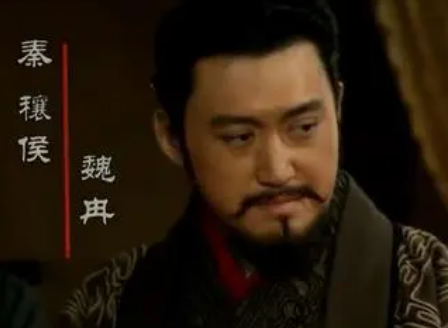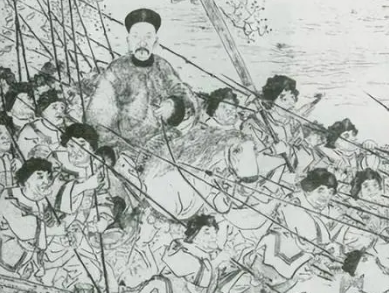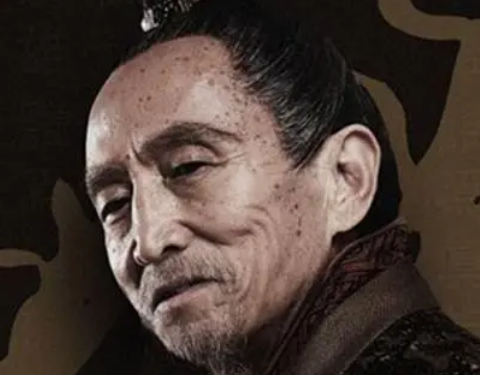In Chinese history, Emperor Taizu Zhu Yuanzhang is a famous emperor whose reign laid the foundation for the Ming Dynasty. By his side was a wise man known as the "Founder of the Nation" - Liu Bowen. Liu Bowen's wisdom and talent made significant contributions to Zhu Yuanzhang's rise to power. However, in the game of power, even the closest ministers may become targets of suspicion. This article will explore whether Zhu Yuanzhang ever had murderous intentions towards Liu Bowen and the complex relationship between them.

Liu Bowen, whose real name was Liu Ji, was one of the founding heroes of the Ming Dynasty, renowned for his excellent military strategy and political wisdom. Before Zhu Yuanzhang ascended the throne, Liu Bowen had already been his important advisor, providing him with decision-making support in both war and politics on numerous occasions. Liu Bowen's "Shaobing Song" is even said to be a神奇 work that prophesies the future.
However, as Zhu Yuanzhang ascended the throne and became emperor, his control over power became increasingly strict, and he began to develop suspicions towards his ministers. According to historical records, Zhu Yuanzhang did purge some of his ministers to consolidate his rule, including the Hu Weiyong Case and the Lan Yu Case, in which many heroes were implicated.
The historical records are not clear about whether Zhu Yuanzhang ever had murderous intentions towards Liu Bowen. Some believe that Zhu Yuanzhang always harbored suspicion and distrust towards Liu Bowen, fearing that his high intelligence might threaten his throne. However, there are also historical materials showing that Zhu Yuanzhang expressed regret and nostalgia for Liu Bowen in his later years, believing that he had been too harsh towards him.
Liu Bowen retired to his hometown soon after Zhu Yuanzhang established the Ming Dynasty, and did not spend his later years in the court. This can be seen as a prediction of Zhu Yuanzhang's suspicion towards heroes, choosing to stay away from court politics to protect himself. Liu Bowen's death is also believed to be a natural death unrelated to Zhu Yuanzhang's political struggle.
Conclusion:
Overall, the relationship between Zhu Yuanzhang and Liu Bowen was complex and微妙. Although it cannot be fully determined whether Zhu Yuanzhang really had murderous intentions towards Liu Bowen, it can be affirmed that under Zhu Yuanzhang's rule, Liu Bowen felt suspicion and pressure from the emperor. Amidst the mists of history, we can only glimpse the intricacies of power struggles and human nature during that era from fragmented records. Regardless, Liu Bowen's wisdom and contributions will not be forgotten by history, and Zhu Yuanzhang's governance philosophy will continue to be commented on by future generations.
Disclaimer: The above content is sourced from the internet and the copyright belongs to the original author. If there is any infringement of your original copyright, please inform us and we will delete the relevant content as soon as possible.
































